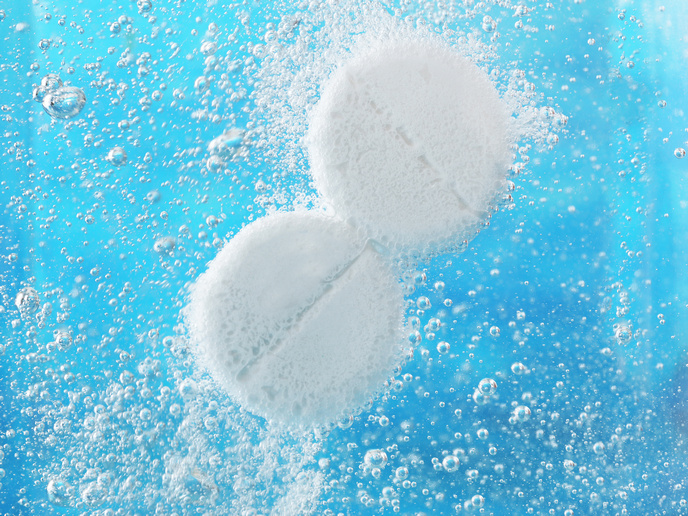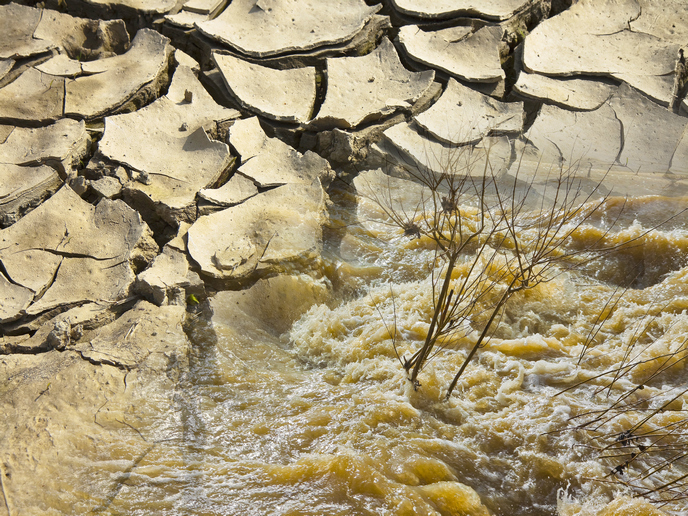The nature-inspired portable water treatment system
The EC’s Urban Waste Water Treatment Directive(opens in new window) (UWWTD) outlines the necessary treatment of waste water discharged to freshwater or estuaries, for urban and rural areas. While as many as 28 % of the EU’s population live in rural areas, these have limited resources for conventional waste water treatment (WWT) technologies, despite contributing significantly to aquatic pollution which reduces clean water availability. Decentralised WWT systems are the favoured approach for rural areas. However, these must be tailored to site conditions, require skilled installation and operation staff and are sensitive to changes in the quality of influent waste water. The EU M-NBS project has developed a Portable Modular-Natural Biological System (PM-NBS) that can solve many of the technical barriers WWT can present. The system benefits from low construction, operation and maintenance costs, doesn’t need an electrical supply, is easily adaptable to the environment and doesn’t pollute. With EU funding, the PM-NBS team identified key technical and business needs to further adapt the technology, in readiness for the European market.
Blending thermo-dynamics and bio-mimicry
The portable version of Ayala’s(opens in new window) core nature-based technology for treating waste water and rehabilitating water bodies (NBS™) can be built at the company’s facilities, for easy transportation and installation, globally. The system combines a mixture of substrates, with differing hydrologic profiles, alongside biotic and abiotic elements such as microbes and macrophytes. The approach exploits the thermodynamic processes of solar, gravity and biochemical energy to sequester the pollutants contained in the water and render them inactive. One of the nature-based technologies adopted was phytoremediation(opens in new window) where plants, by metabolising various molecules, are used to clean up toxins from contaminated soil, air and water. “Bio-mimicry is at the heart of Ayala’s sustainability vision for water management because every stable natural system evolves and self-heals as it adjusts to changing conditions,” explains Eli Cohen project coordinator. Several optimisation and modularisation trials were conducted for the PM-NBS, to allow ‘plug and play’ integration. The operating and water quality parameters were also assessed, with the system fully functional in a range of waste water flows (4-40 m3/day) and with an ambient temperature from sub-zero to above 40 °C. The full-scale NBS system has been optimised for many waste generating sectors after research in more than 100 large-scale sanitation and remediation projects. New approaches have been developed for the treatment of: dairy farm sewage, hydrocarbons, landfill leachate, cosmetics, pharmaceuticals and hormones, aquaculture, reverse osmosis (RO) brines and sewage streams.
Environmental and socioeconomic impact
The PM-NBS promises to improve the ecological and chemical status of rivers, lakes and groundwater. “According to the WHO(opens in new window), globally one in three people do not have access to safe, clean drinking water due to contamination of natural water sources, most of them living in poor, rural and remote areas. By effectively treating that water, our technology lowers the risk of exposure to hazardous pathogens and pollutants,” says Cohen. Currently the team is seeking additional funding in preparation for market-launch. Once the system has been further optimised, they plan to demonstrate the new adaptations in two European locations with different environmental characteristics. The PM-NBS will be sold directly to public entities, rural municipalities, tourist operators and indirectly through local distributors, with the first target area likely to be EECCA(opens in new window) countries still facing problems with clean-water access in rural areas.







